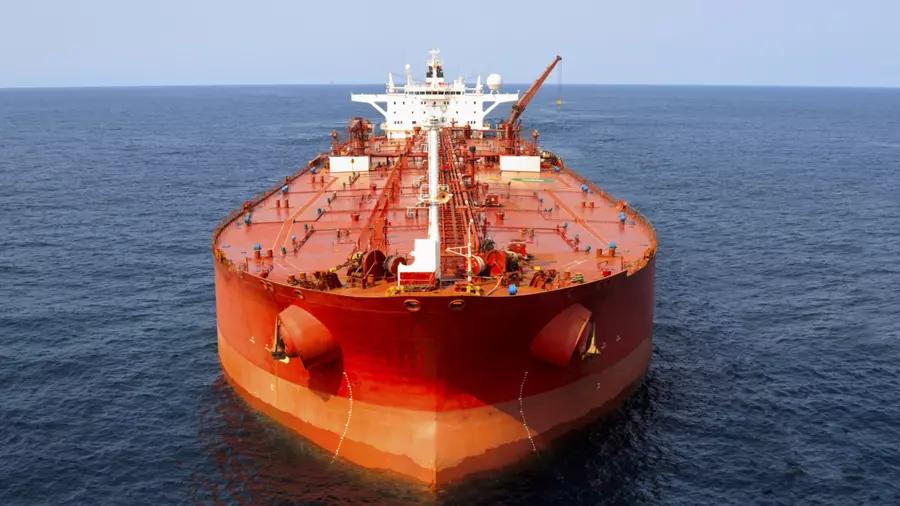In spite of the recent introduction of a G7 price ceiling for Russian oil shipments, several Western insurance companies are still providing cover for tankers transporting Russian crude, enabling it to reach international markets, according to data obtained by Reuters on Thursday. These insurance providers have reportedly been instrumental in facilitating the movement of 10 Russian oil-carrying tankers bound for Asia in 2024.
Among the five insurers allegedly involved are American Club, West of England (headquartered in Luxembourg), and Norway’s Gard. The remaining insurance providers for crude originating from Russia reportedly include Maritime Mutual from New Zealand and London P&I Club. These companies provide coverage against oil pollution, injury, and loss of life incidents at sea.
According to the information gathered by Reuters, American Club and West of England offered services for two of these tankers: Gioiosa and Orion I. Both vessels are said to have been loaded with oil from Russia’s state-owned Rosneft in the Baltic Sea before sailing to China.
American Club informed the news agency that a ship flying under the Panama flag was included on its coverage list, while West of England and Gard declined to comment on specific tankers. Meanwhile, Maritime Mutual and London P&I Club did not respond to the agency’s request for comment on this issue.
Western governments introduced the price cap alongside an embargo on Russian seaborne oil with the aim of damaging Russia’s economy while simultaneously ensuring that Russian crude continues to flow to global markets. The sanctions were implemented in December 2022 and were followed in February 2023 by similar restrictions on exports of Russian petroleum products.
Under these rules, Western firms are prohibited from providing insurance and other services for shipments of Russian crude, unless the cargo is bought at or below $60 per barrel—a price significantly lower than the current market value.
Reuters pointed out that there have been no reports on the volume of Western insurance cover for Russian oil cargo since the cap was imposed. Those who stopped doing business with tankers carrying Russian crude told the agency that they were doing so due to uncertainty regarding the price of the oil transported by this or that vessel.
According to data cited by the outlet, Russian companies have been selling their flagship Urals crude at Baltic ports for an average of $69.4 per barrel so far in 2023—a figure that exceeds the G7 price limit set for Russian oil shipments. Moscow has imposed a ban on Russian enterprises from complying with the cap.

